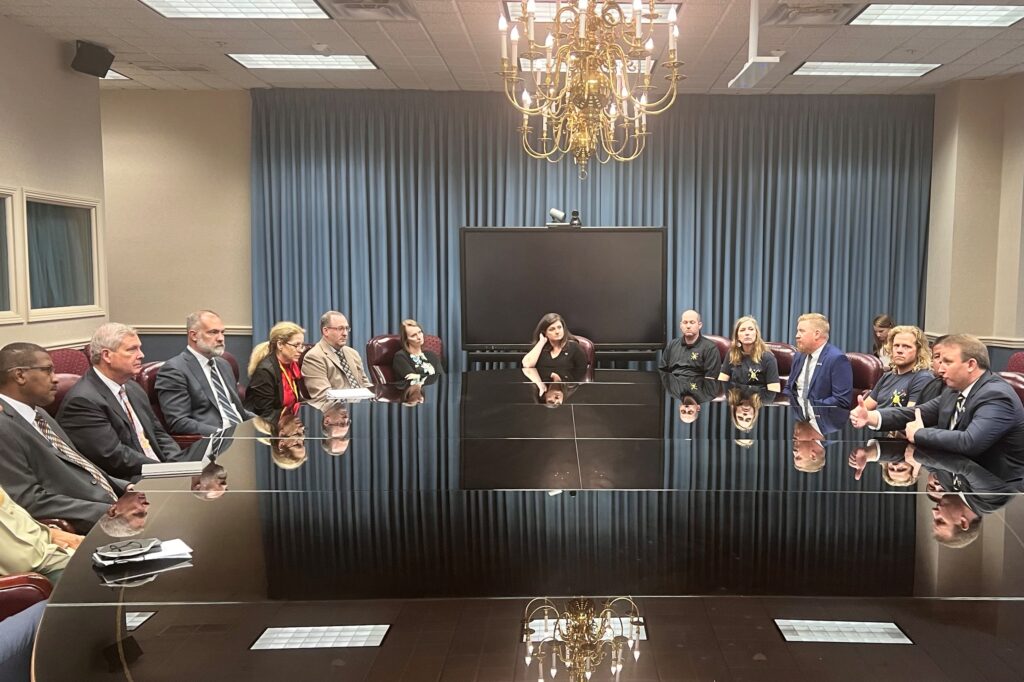
September 22, 2022
Earlier this week, the National Federation of Federal Employees (NFFE-IAM) responded to correspondence from the U.S. Department of Agriculture’s (USDA) Secretary Tom Vilsack with a letter outlining solutions and next steps to help alleviate retention problems among federal wildland firefighters. The proposed solutions include permanent pay raises, increased funding and staffing, and the development of a robust occupational series, among other things.
“We are grateful for all that has been done to increase base pay, but it is insufficient by itself to stop the exodus,” reads the letter from NFFE National President Randy Erwin. “As partners in this challenge, we must vigilantly act, in a way employees can see, to demonstrate our commitment and desire for them to stay in federal service. A critical piece is to share as much as you are able to with employees on what USDA and USFS are doing to secure permanent solutions on issues relating to pay and other working conditions.”
“We are concerned the current approach to developing the new occupational series for wildland firefighters may not reach what Congress intended to achieve,” the letter continues. “The purpose is to not just create a new series for firefighters to satisfy the letter of the law, but to substantively resolve the issue with classification failing to accurately reflect their work and compensate them accordingly. A fair system would pay firefighters according to their actual skills and qualifications rather than where an occupational series is reflected upon an agency organizational chart. A mixed-grade approach would more accurately capture the actual duties of a wildland firefighter. We ask that you review the current approach very carefully and make adjustments where appropriate so that the needs of employees are prioritized.”
“NFFE, Secretary Vilsack, and other leaders within USDA have a great working relationship and a commitment to reforming the wildland firefighting workforce for a better future,” said President Erwin. “However, it was necessary to share the concerns that we were hearing from our members on pay, the occupational series, and other issues. As we begin making policies to resolve these issues, it is critical that we address each problem as best as possible, and we do it right the first time. We are confident that Secretary Vilsack will join us in implementing solutions that NFFE wildland firefighters have recommended to meet the challenges we see today.”
